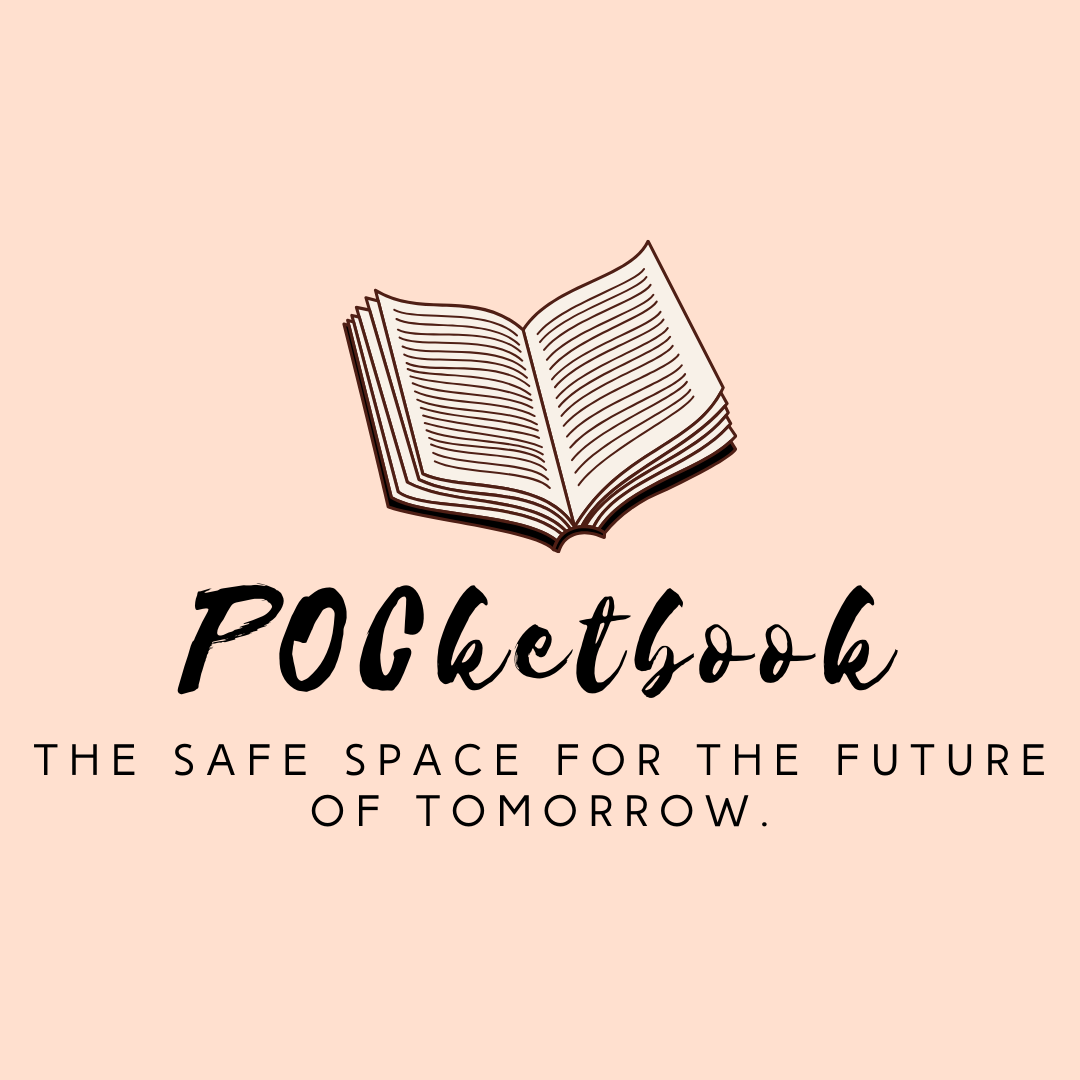Intersectionality
Intersectionality is the idea that people have complex and overlapping identities like race, age, and sexuality.
An example of a non-intersectional group were the original suffragists. They advocated for a cisgender, white, upper-class, abled, property-owning woman's right to vote by using peaceful protest. Because this original movement excluded millions of people by supporting a very specific group, this movement did not get far. Thus, the suffragettes were born. The suffragettes started gaining traction when they united with the original suffragists, and began taking militant action. This collaboration helped their power grow exponentially.
This was the the first intersection made between the upper-class and lower-class. Even after the mostly-white middle-class woman fought for their rights, they did not achieve suffrage at the same time as their upper-class property-owning counterparts. The more they expanded their views and who they fought for, with even more women and men joining the fight, more rights were added.
This is how change happens not for the few but for all. This is why intersectional movements work and are impactful. They reach everyone with that identity and no one is excluded. A modern example would be the Black Lives Matter movement. If you support BLM, you support all black lives and cannot stop supporting black lives at the face of another identity.
For example, Breonna Taylor was a black woman who was an EMT. She saved lives for a living, only for hers to be taken in her own home. Charleena Lyles was a black woman killed in a mentally fragile state by police. Elijah McClain was a black anemic man who was arrested and shot with ketamine, causing two heart attacks and ultimately, his death.
These deaths showcase the intersectionality needed for such a cause, and although these deaths and more add fuel to the fire, it only pushes the movement further into achieving equality. It's beautiful, it's immaculate, and we have the power to change the justice system and dismantle systemic racism. We have the power to fight for, and alongside other minorities.
Not to mention, being non-intersectional logically does not make sense. Supporting feminism but not black women is not valid. Supporting the LGBTQ+ community but not the disabled is not valid. Examples like this are why intersectionality is important in modern day activism. We ,as a generation, are past exclusion; instead, we embrace diversity. As we should.
